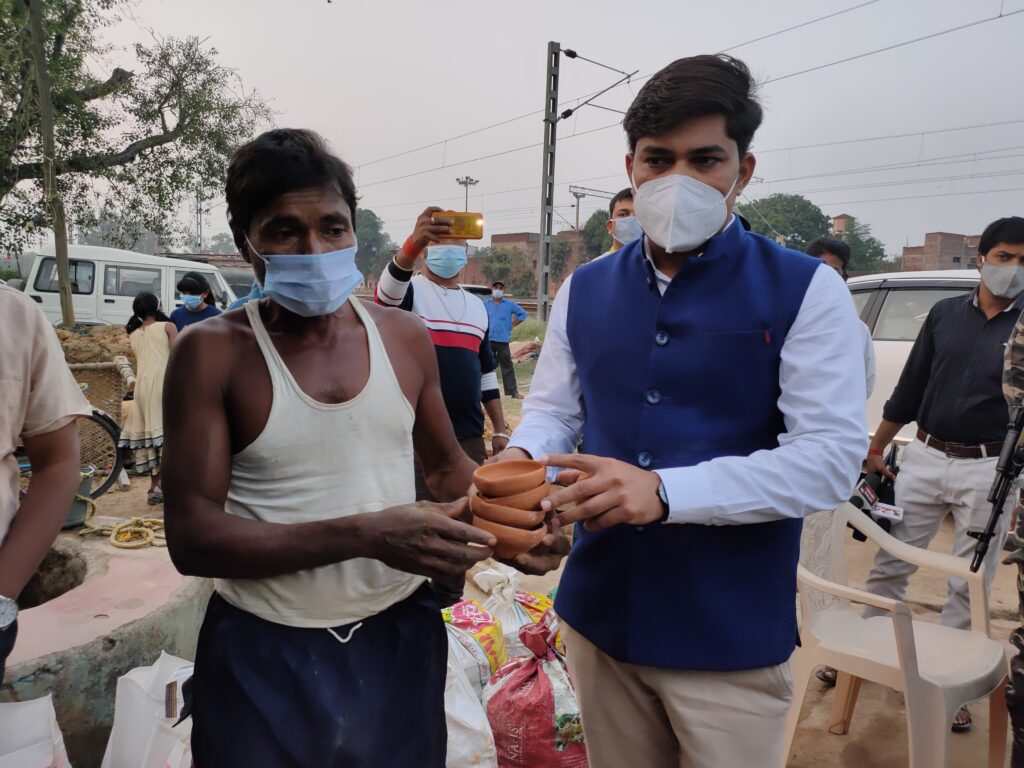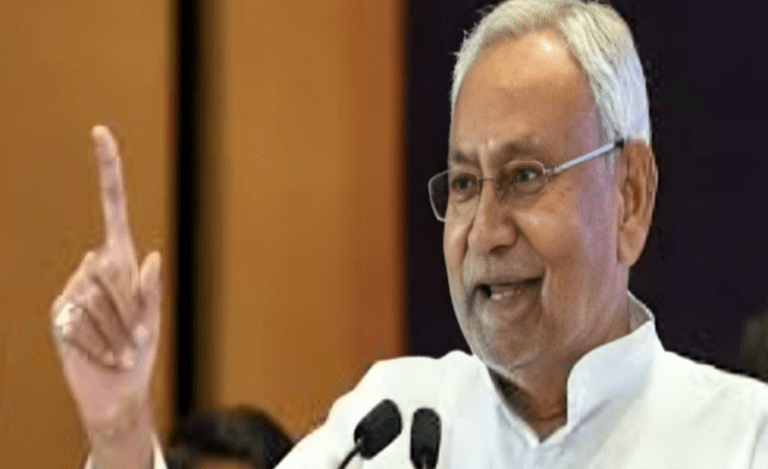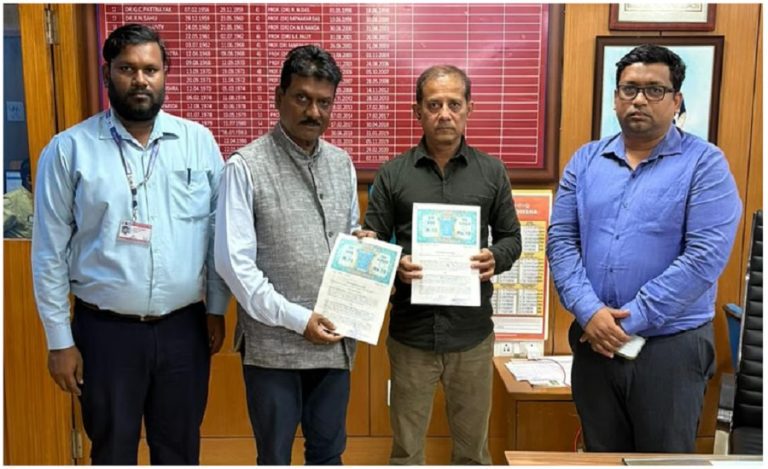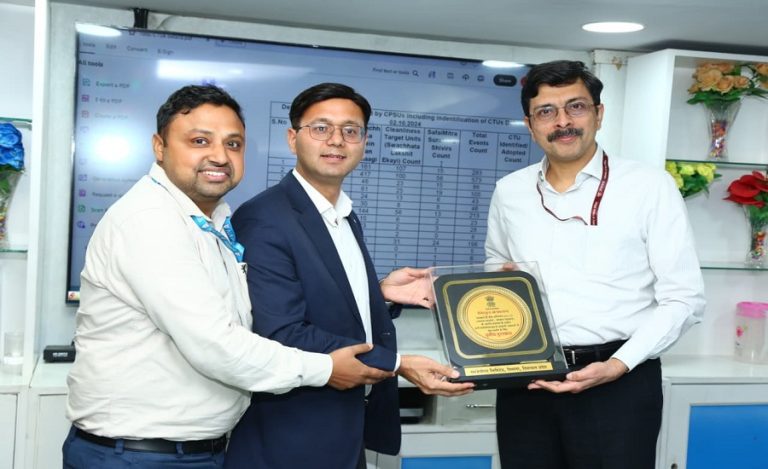Executing Government policies and programmes is not the only role of an IAS officer. At times, just like a good politician, a good IAS officer reaches across to the poor sections of the society to address their pressing issues.
Buying their `Diyas’
Mr Ramesh Gholap, the 2012-batch officer, who is currently the District Collector of Koderma in Jharma, is a shining example of this class of civil servants. And what exactly has he done? Well, on the eve of Diwali, falling as it is during the seeming unending pandemic, he has done something for the people who were hit hardest by it. A few days ago, he approached the local artists and potters of Koderma. He, along with other officials, places orders worth Rs one lakh for the `diyas’ (earthern lamps) which these artisans made. He knew that owing to the ongoing pandemic, their sales had hit the ground.
As Mr Gholap told Indian Masterminds, “Diwali is festival of lights. It resembles the victory of good over evil and light over the darkness. For centuries, we have been lighting `diyas’ to celebrate this festival. However, in last few years we have somehow forgotten their importance and charm. We shifted to electrical bulbs and electrical `diyas’. While doing this, we didn’t just injure the essence of this festival but also hampered the lives of thousands of local artist and potters. So I decided to celebrate this Diwali by spreading happiness to them.”
By making the purchases, Mr Gholap and other officials of Koderma have ensured that this year the houses of potters don’t remain in dark. In fact, the team headed by him personally visited the houses of thes artisans.
A few days ago, the District Magistrate of Baliya, Mr Shrihari Pratap Shahi had also also taken a similar initiative. He too had ordered `diyas’, while at the same time tried his hands’ on a potter’s wheel to empathise with their hardships.
Talking about his recent initiative, Ms. Gholap says, “Along with the increase in demands for the electrical diyas, this year the Covid-19 also hit the lives of potters. Earlier, they use to make earthen lamps during festivals and ‘Kulhads’ for the rest of the year. That is the only source of income they have. But, due to lockdown they had to shut down their business. Their condition used to disturb me. So, this time I decide to contribute with my full capacity and ensure that their lives are also filled with lights of happiness.”
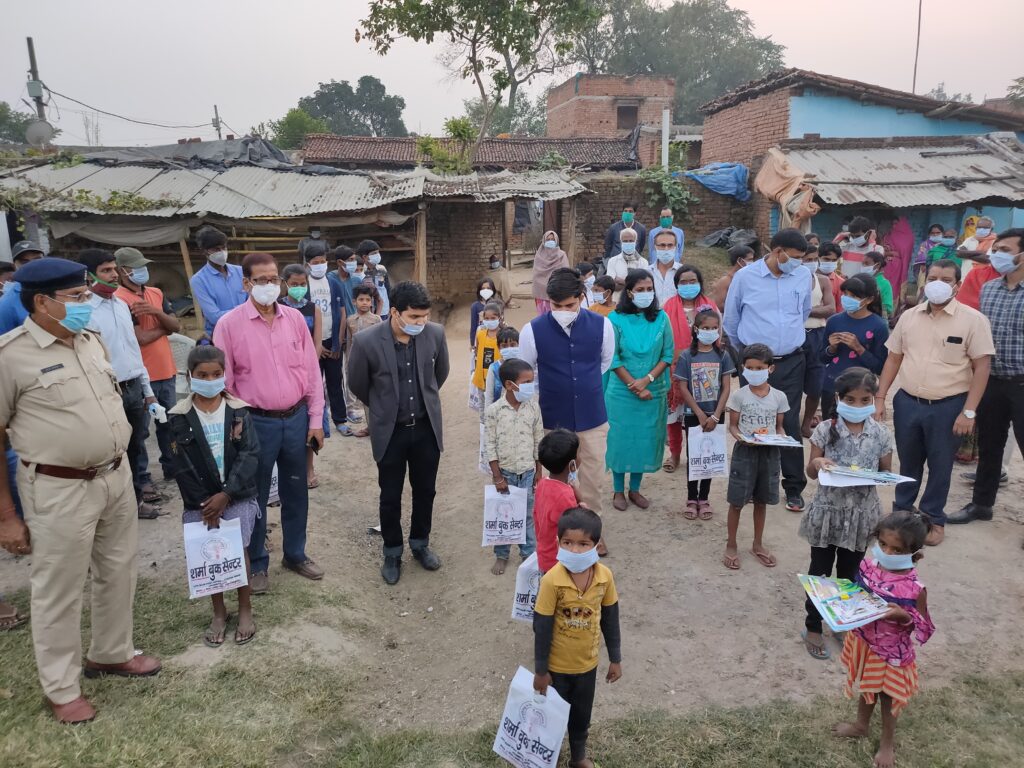
Loan and Land for the Potters
Mr. Gholap also interacted with artisans and potters of Koderma to get a handle on their problems. He spoke with them about the importance of education, urging them not to force their children to drop out from schools. “Education is the only ‘Diya’ which can take all their sorrow away”. He also distributed study materials to the children of the potters. At the same time, he directed his staff to complete all the formalities for the sanction of houses and land to them under the relevant state government scheme.
Not only this, he also promised them to release Rs 10,000 loan for each of them under the ‘Atamanirbhar Bharat Scheme’. “The interest on this loan is very less. Around seven percent is paid by the government and only 1.5% is borne by the beneficiaries. I hope this will help them in some way”, Mr. Gholap added.
Battling Coronavirus
The festival season has started and people are coming to the markets of Koderma in large numbers. However, the Corona is still going strong. The main challenge for any district administration would be to ensure social distancing and other safety measures without hampering the festive mood.
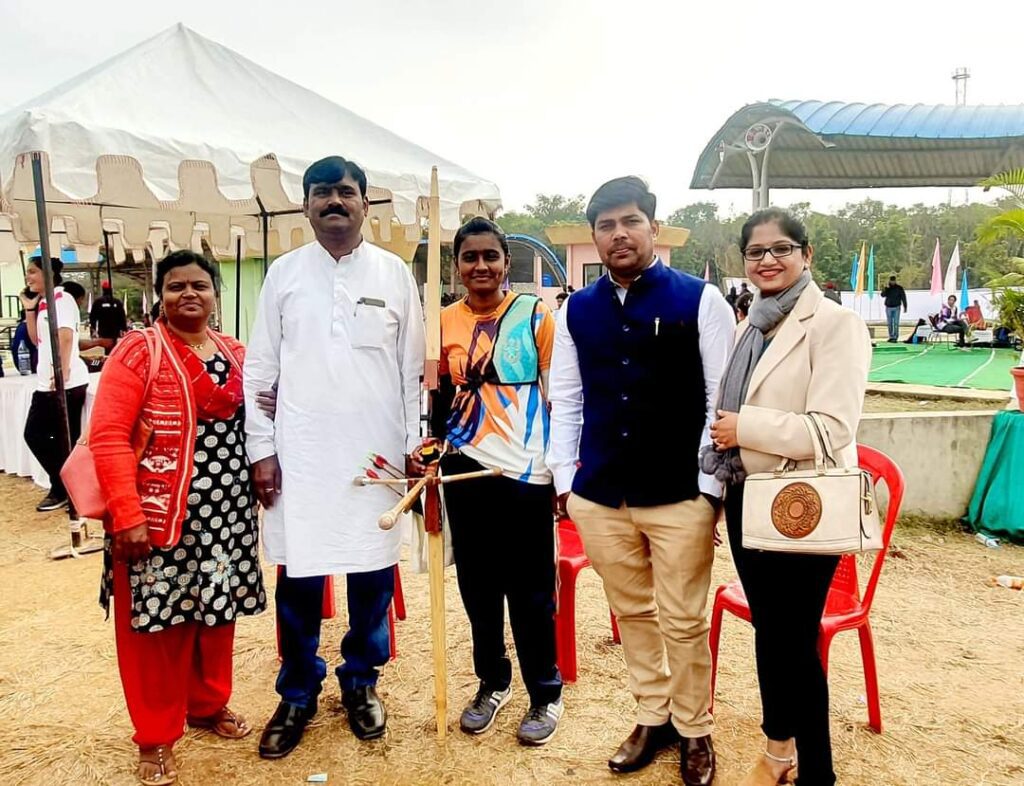
The Koderma administration is full ready for this. When asked about the preparations, Mr. Gholap says, “We are running an extensive awareness program, and are encouraging people to strictly following all the precautions against coronavirus. In our district the positivity rate is around 1%, but we are very not taking this pandemic lightly. We are also planning to shift the daily vendors and the `thela walas’ to big grounds. This will give them an opportunity to do better business while also ensuring social distancing.’’
This IAS officer is certainly the person whose heart beats for the poor and under-privileged.

